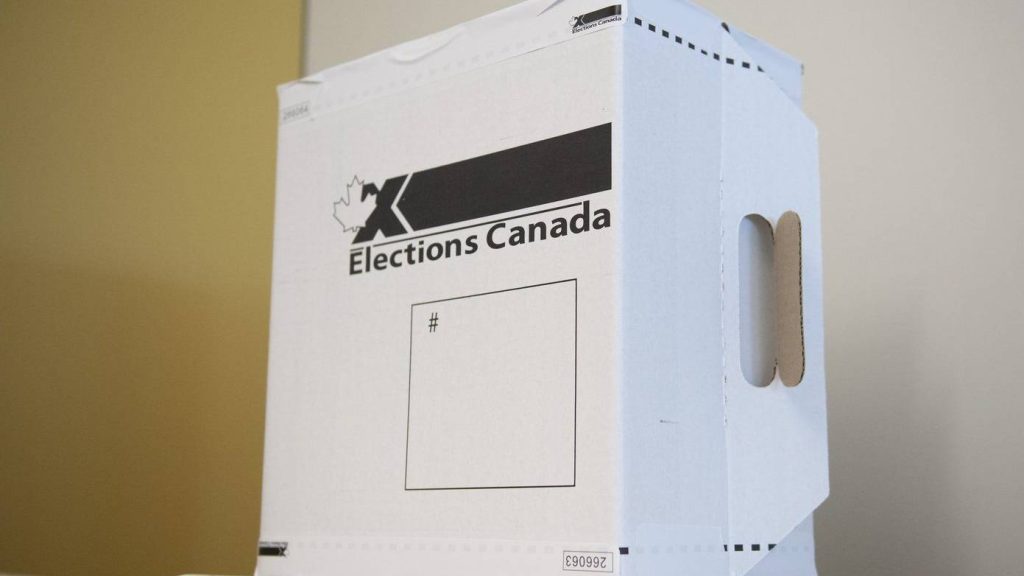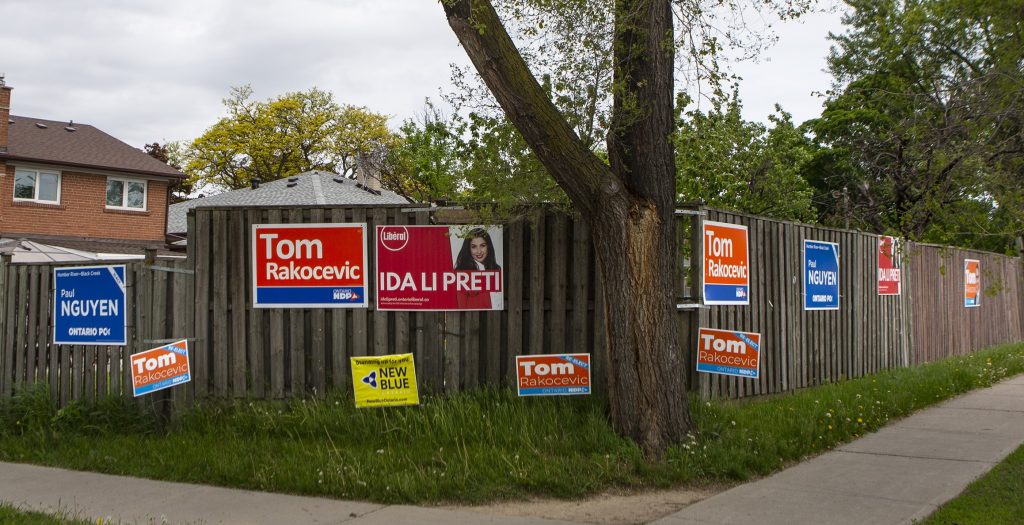Federal Court set to rule on rights of Metis and non-status Indians
Posted Jan 7, 2013 06:25:22 PM.
This article is more than 5 years old.
OTTAWA – With a politically charged First Nations protest movement already on its hands, another aboriginal hot potato may be about to land in the lap of the Conservative government.
A Federal Court ruling Tuesday on the rights of Metis and non-status Indians could change the way Ottawa deals with the more than 600,000 aboriginal people who live off-reserve, says one of the groups behind the lawsuit.
“It would end the finger-pointing between the federal and provincial governments about who would sit down with Metis and non-status Indian people and negotiate,” said Ron Swain, national vice-chief of the Congress of Aboriginal Peoples.
Metis and non-status Indians are currently in “a jurisdictional limbo” between Ottawa and the provinces, which has resulted in off-reserve aboriginals being denied a seat at various talks, he added.
The Congress and several Metis and non-status Indians took the federal government to court in 1999 alleging, in their statement of claim, “deprivations and discrimination” because they are not considered “Indians” under the Constitution Act.
They say past talks with the federal government have been hampered by Ottawa’s refusal to grant Metis and non-status Indians some or all of the same rights as on-reserve aboriginals.
“As a result of such denials and refusals, Metis and non-status Indians have suffered deprivations and discrimination,” they allege in a court document.
The lawsuit does not seek specific benefits. However, it does allege Metis and non-status Indians have been denied a host of benefits, including:
— Access to the same health-care, education and other benefits made available to status Indians;
— Being allowed to hunt, trap, fish and gather on public lands; and,
— The ability to negotiate and enter into treaties with the federal government.
If the court rules in their favour, it opens the door for Metis and non-status Indians to seek those and other benefits.
“We’ve been shut out for so long,” Swain said. “A win for us would mean we could unlock our incredible human potential.”
The congress has scheduled a news conference for Tuesday after the Federal Court decision is released.
The decision comes as emotions — and tensions — are already running high in Canada’s First Nations community.
A movement dubbed Idle No More began last month in protest of the Harper government’s omnibus budget bill, which First Nations groups claim threatens their treaty rights as set out in the Constitution.
Protesters have blocked roads and rail lines, staged demonstrations and held flash mobs across the country.
The Idle No More protests are taking inspiration from Theresa Spence, chief of northern Ontario’s Attawapiskat First Nation, who has been subsisting solely on water and fish broth since Dec. 11 in hopes of prodding Ottawa into action.
But Spence herself was under fire Monday amid fresh questions about how her troubled northern Ontario reserve has been spending and accounting for millions in federal funding.
Aboriginal Affairs and Northern Development released a scathing independent audit Monday that catalogues poorly documented, undocumented or questionable spending in Attawapiskat over almost seven years.
Spence has vowed to continue her meagre diet until after Prime Minister Stephen Harper meets First Nations leaders later this week.








